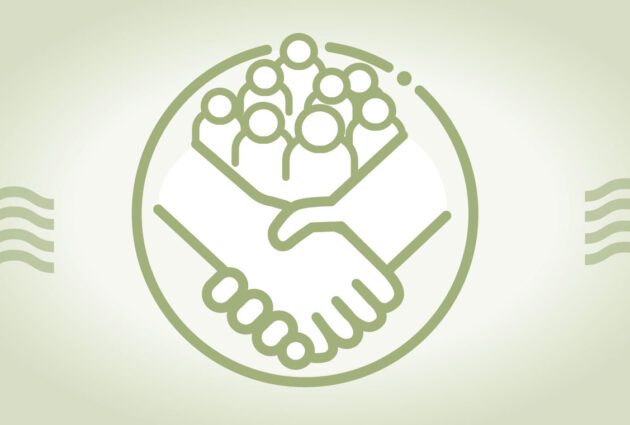Testing and Scaling Virtual and In-person Youth Group Therapy and Guardian Support Groups
At a Glance
Sixteenth Street Community Health Centers (SSCHC), the largest provider of outpatient behavioral health services for families requiring bilingual care in Milwaukee, will engage a youth advisory council and community partners in the testing and scaling of group treatment options for youth as well as corresponding support groups for parents and guardians. By leveraging successful in-person groups, Sixteenth Street is uniquely situated to investigate the effectiveness of the virtual group therapy model for youth, for which there is currently limited supportive evidence.
The Challenge
The SEEDS (Self-esteem, Empathy, Empowerment, and Discovery of Self), CADT (Child and Adolescent Day Treatment) and Substance Use Disorder (SUD) programs began in response to alarming harm behaviors for Latina youth and the equally alarming lack of access to behavioral health services for underserved communities. Recent studies of adolescent mental health show increased rates of depression, anxiety and PTSD related to the pandemic.
Project Goals
This group recognized the need for specific approaches to adolescent social and emotional health. SSCHC planned to address adolescent needs through four initiatives:
- Expanding the SEEDS program – a treatment group for adolescent girls ages 12 to 16 and their parents, where participants talk with therapists about their struggles and emotions
- Piloting a two-tiered SUD group for teens – provides an evidence-based program for those with mild to moderate use and a curriculum for youth with more severe substance use and co-occurring trauma
- Expanding the CADT program – provides individual, family, group and art therapy to help teens express emotions and cope effectively, while also supporting parents in recognizing signs of addiction and applying effective strategies at home
- Establishing a Youth Advisory Council – composed of past participants from the SEEDS and CADT programs to provide feedback on program strengths, challenges and ways to better engage youth
Results
Since starting the CADT program, over 300 children, adolescents and their families have been served. Of 300 prior clients, 97 percent were successful in returning to outpatient therapy. Furthermore, every client that completed the program was provided with outpatient follow-up appointments, to avoid a lapse in treatment.
The Youth Advisory Council (YAC) was created as a youth mentoring program with “graduates” from the SEEDS and Child/Adolescent Day Treatment Programs. This group was created using a well-recognized curriculum, with a group of youth who were recognized for their emerging leadership skills. YAC participants also had two experiential therapy opportunities during the grant period. This allowed youth in the program to be out of the city for a day-long experience that included bonding, connecting and confronting their own insecurities through team building and challenges.
In addition, this grant partially funded a unique training opportunity for three providers that focus on play therapy, which is highly recognized for connecting to youth during therapeutic interventions. The providers have been and will be able to bring forward many ideas, interventions and opportunities for staff and future patients.
Looking to the Future
The team completed the SUD curriculum and have started planning to start their first teen substance use group for the Fall of 2024.
Lasting Impact
This grant has allowed SSCHC to offer unique, bilingual opportunities to children/teens and their families through individuals and group therapy, day treatment programming and an opportunity for youth who had completed either SEEDS group therapy or the adolescent day treatment program to serve on a council as peer advocates/mentors. These opportunities were available to everyone, no matter their insurance status or language. Staff were afforded additional opportunities to research evidence-based practices, and work on improving/developing new projects/groups, such as teen substance use disorder group, the youth advisory council, and parent/guardian groups offered alongside SEEDS and the child and adolescent day treatment program.
